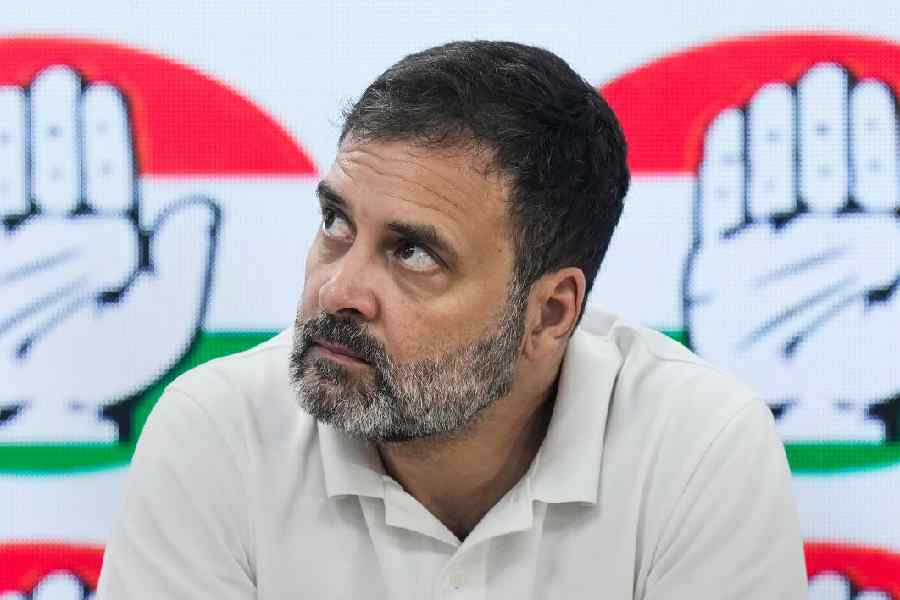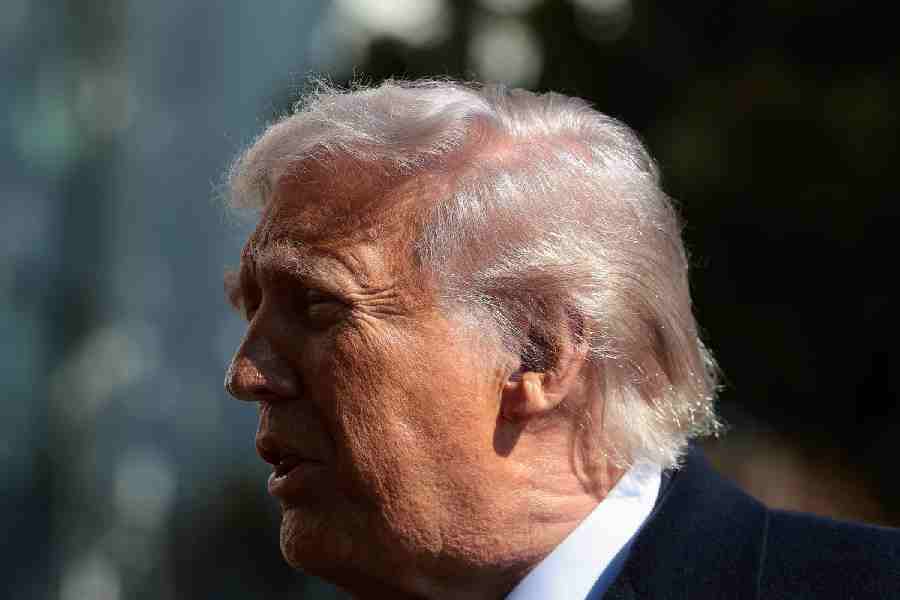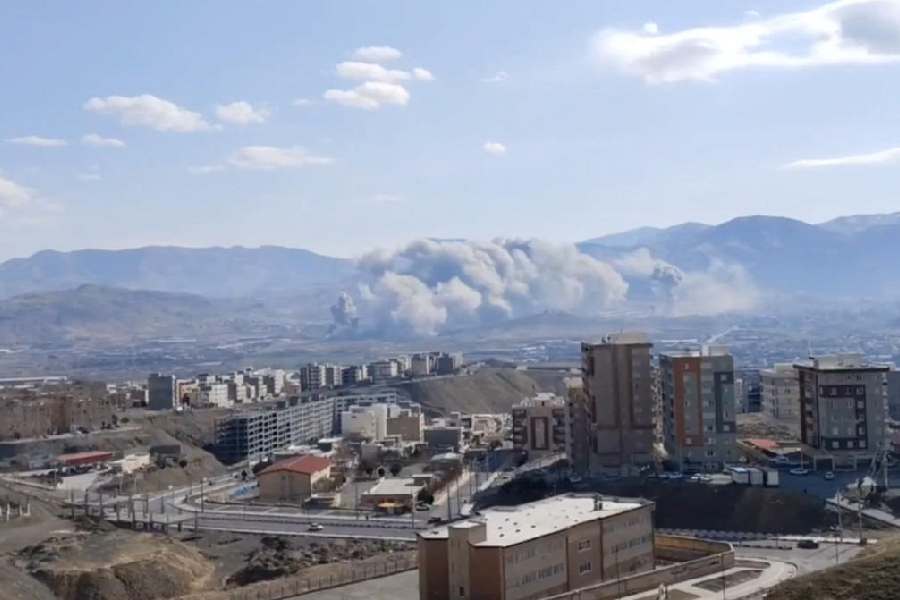Sound reasoning should ideally form the core of judicial pronouncements. Yet, this element — rationality — may, at times, elude judgments that are of great consequence for not only individual litigants but also the polity as a whole. While staying the conviction of Rahul Gandhi in a case of defamation for his remark on the surname, Modi, the Supreme Court criticised the trial court in Gujarat — the home state of the prime minister and the Union home minister — for its failure to cite any reason for handing Mr Gandhi the maximum punishment. Interestingly, a lighter punishment — the court in Surat had given a two-year jail term to the Congress leader — would have meant that the provision of disqualification under the Representation of the People Act, effectively barring Mr Gandhi from electoral contests for as many as eight years, would not have come into play. The verdict, the highest court also pointed out quite correctly, had a deleterious impact on Mr Gandhi’s rights as a parliamentarian as well as on the people who had voted him resoundingly to Parliament. The Supreme Court’s rap on the knuckles of the lower court would certainly lead to speculation regarding the latter’s ruling. This is unfortunate. Judicial pronouncements should not be a cause of feverish speculation. There is an attendant issue that has been brought to light by the controversy. Public attention must not be deflected from the increasing politicisation of the legal instrument of defamation. This necessitates an informed debate on the need to institute greater checks to insulate the law from mischief. There is even a line of thought that advocates the decriminalisation of defamation given its vulnerability to, more often than not, political chicanery.
The revocation of Mr Gandhi’s ouster from Parliament is likely to have political implications as well. Despite its bravado, the Bharatiya Janata Party finds itself on a sticky wicket on the matter. This is because the public perception of the BJP’s vindictiveness towards and unethical targeting of Mr Gandhi has undoubtedly been bolstered by the Supreme Court’s observations. The Opposition alliance has, on the other hand, received a shot in the arm: it would, without a doubt, try to salvage political brownie points from the episode. More distressingly for Narendra Modi and his party, Mr Gandhi’s return to Parliament — the renewal of his membership of the House should not be subjected to machinations — would mean that the government would face intense scrutiny. That is the norm in a democracy.











